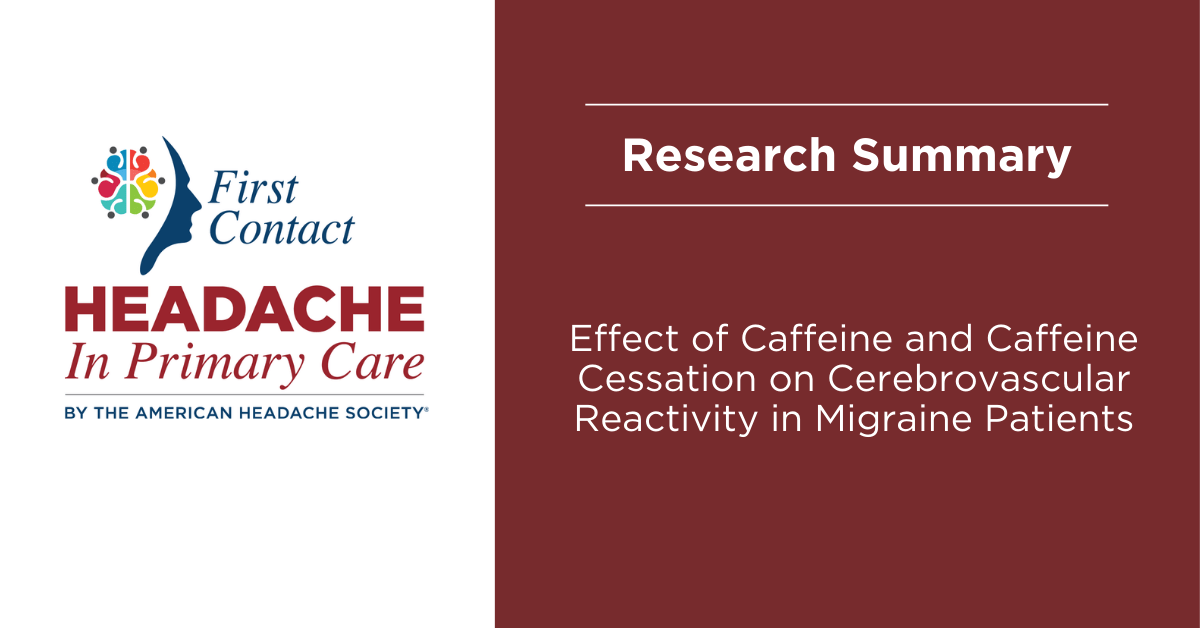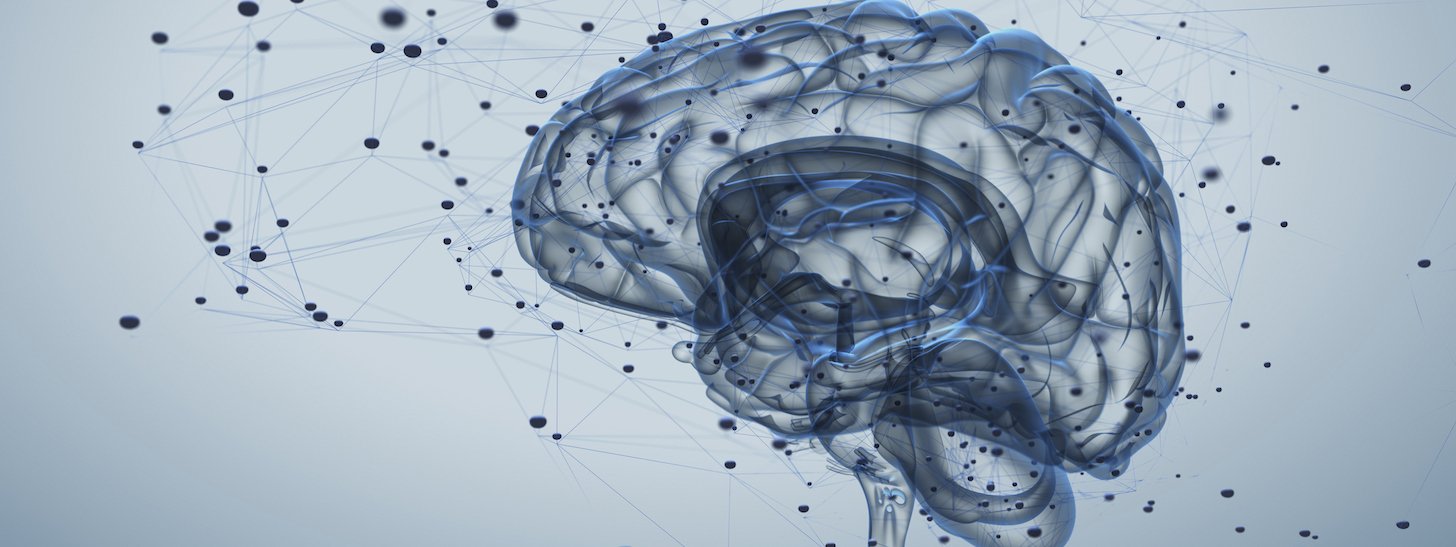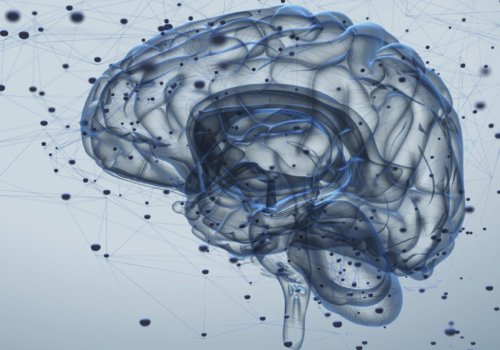
Research Summary: Effect of Caffeine and Caffeine Cessation on Cerebrovascular Reactivity in Migraine Patients
Summarized by Nina Riggins, MD, Ph.D., FAHS
Many migraine patients consume caffeine on a regular basis. The question is, what is the relationship between caffeine intake and migraine conditions? This study’s objective was to discuss the effect of caffeine and caffeine cessation on cerebrovascular reactivity in patients with migraine. Continue reading to learn more about the study’s findings.
Study Overview
- Migraine is associated with several vascular disorders. Mechanisms of associations between migraine and stroke are still under research.
- The objective of the study was to investigate the effect of chronic caffeine use and subsequent caffeine cessation on vasodilatory function in the posterior circulation in patients with episodic migraine.
- It was a prospective, longitudinal, observational, clinic-based study; 84 adult patients with migraine completed the study protocol.
Study Results
- Cross-sectional analysis showed that the baseline BHI of PCA was lower in caffeine users than in nonusers.
- Among the caffeine users, 28.6% discontinued caffeine intake at a 3-month follow-up.
- Multivariable analysis showed an independent effect of caffeine cessation on the improvement in BHI of PCA (Unstandardized β = 0.27, 95% confidence interval 0.01–0.53, p = 0.044).
- Only the quitting group showed a significant improvement in the PCA-BHI.
Implications for Primary Care Clinicians
Caffeine can affect cerebral circulation through neural, chemical and autonomic pathways. Although the present study could not show the exact neurobiological pathway through which caffeine affects cerebral vasomotor control, the findings of this study suggest a possible beneficial effect of caffeine cessation for cerebrovascular health in patients with episodic migraine.
This summary is part of the First Contact — Headache in Primary Care initiative, an American Headache Society program that provides educational resources to empower healthcare professionals and improve headache and migraine care. We encourage providers in all stages of their careers to visit our homepage to access educational tools to improve patient care.


